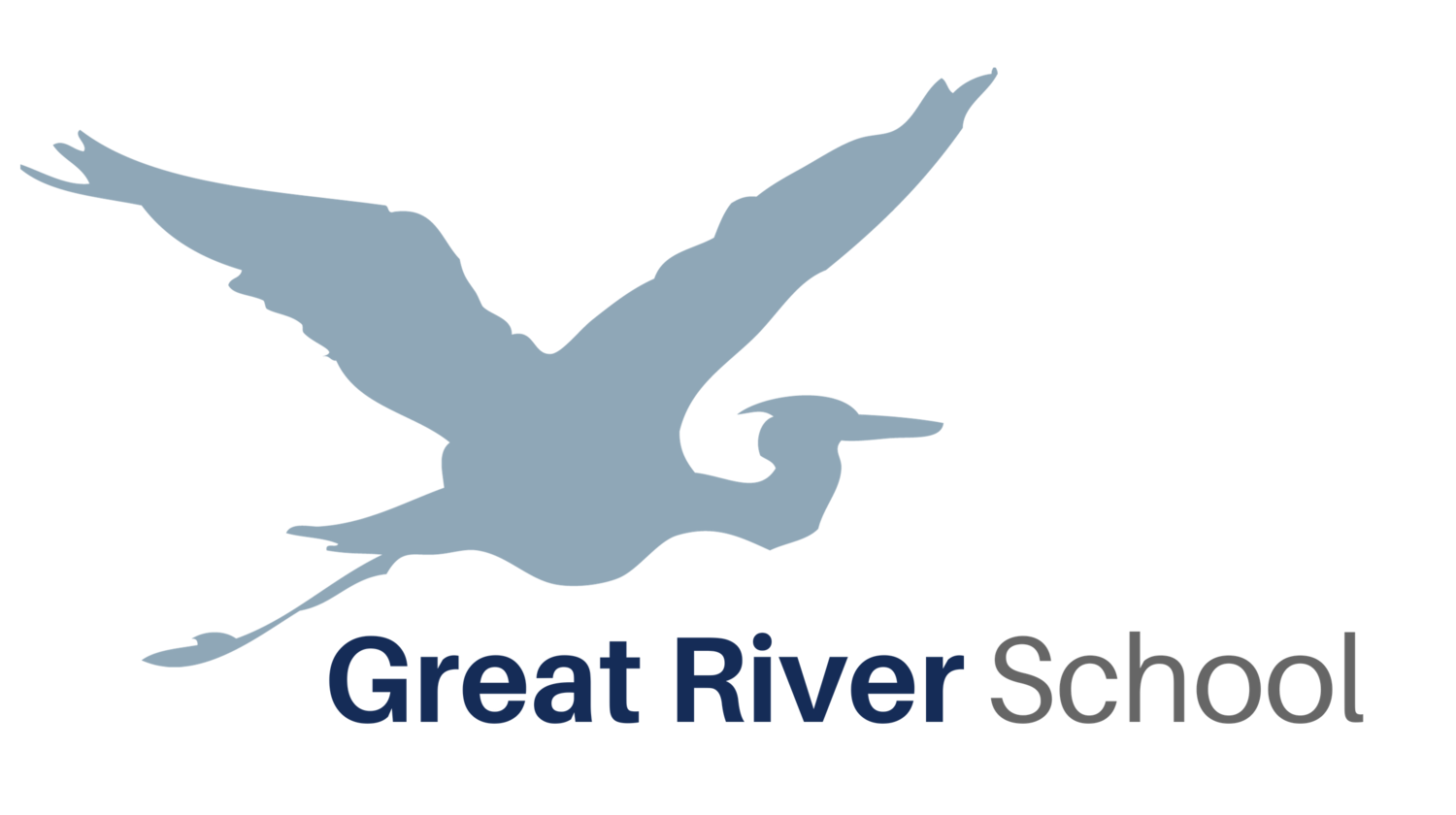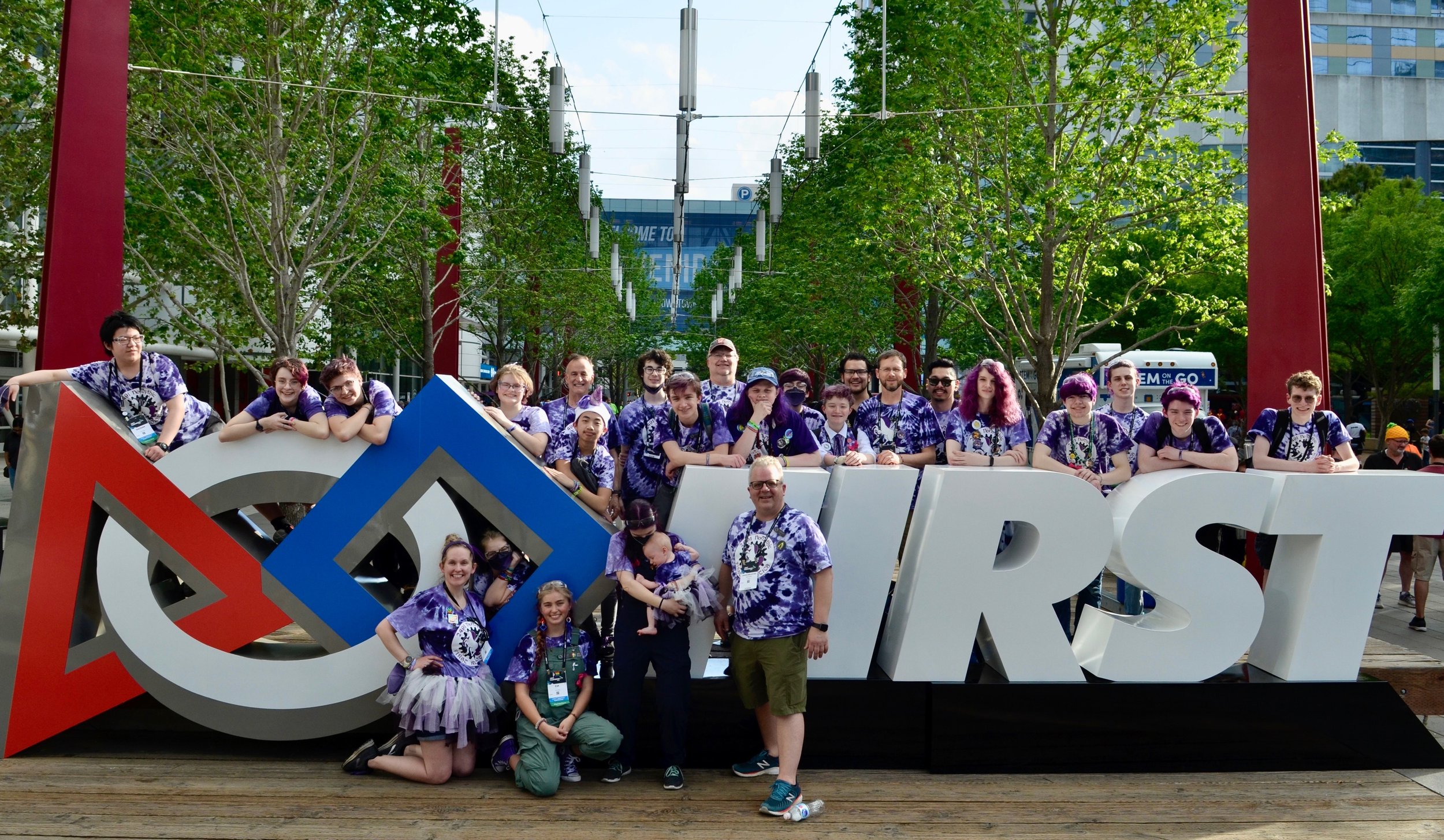Recently, I re-read this article published by the New York Times and wondered how our own students were doing?
Advisors recently asked students “What has it been like to be a teenager during the first year of a historic pandemic?” We received a variety of responses, which can be viewed here and are compiled into a word cloud above.
We also got some lengthier responses - a few notables below:
“As my friend told me "There is always a light at the end of the tunnel, but sometimes the tunnel is really long" I have learned to be optimistic about the covid and I am excited to go back to school. For me, the worst part of this virus is not seeing my friends at school and not getting to play football at recess (but speaking of that, we should get some turf, on David) and I think that we kids have the ability to change the future in terms of distance learning. We have to balance masks-off fun with responsibility and that will determine the fate of this Nation. I was talking to my buddy the other day and he said he is feeling sick. The scary thing now is that if someone is feeling sick you can't go and help them because everybody is freaking out about the virus. If the old people were not so susceptible to infection and death, I would say just give everybody covid and get it over with. I don’t think the US has done all it can to get everybody shot in the arm (with a vaccine) and it will be a long time before this is all done. But stay happy, go outside and watch TBX.”
“There was a time period of 8 months last year where I didn't see anyone outside my family or over zoom so I am so grateful that we are able to do in person learning and take online as a precaution to make sure our community isn't as affected as it was last year. The fact that we are able to do this at the end of the semester is also good for me to get in all my work because I've found that when I'm online I have more time to get work done and its more productive for me. Even though I miss my friends I'm grateful that we are taking this time to be safe and healthy.”
These responses help the adults in our students' lives build empathy to their current situation. Students are coming of age right now, they are learning how to be in the world, who they want to be, trying on different roles and responsibilities, and struggling with the hardships of their lives. We all did that too - just in a much different time. None of the adults in their lives know what it is like to grow up in a time of isolation and fear. It is our work as adults to offer the adolescent consistency and boundaries, that remains true as when we grew up, but they also need so much more empathy and help building connections.
In the wake of World War 1, Montessori wrote in From Childhood to Adolescence, “Society has not only developed into a state of utmost complication and extreme contrast, but it has now come to a crisis in which the peace of the world and civilization itself are threatened.” She challenged the system of education as it was and developed a new and innovative methodology placing the needs of the child at the center.
We don’t fully know what our beloveds need right now; so we “follow the child.” Montessori wrote consistently about letting “the child” lead. At Great River, the guides spend time each day observing their classroom and students looking for clues about how to support their next stage of growth and development in all aspects of their life. At home, we need to remember that every behavior communicates a need. During this “societal crisis” we observe, we care, we offer help, we consult, we take their lead.
But what does remain is our high expectations about talking kindly to and about our community members, participating and contributing in the building of our community, engaging and doing our best in academic work, and our focus on character and integrity.
What we ask of families:
Ask your student a few times a week
“What did you learn today?”
“What’s an example of good work that you did today?”
“How did you positively contribute to the community today?”
“What are you proud of today?”
“How were you kind to others today? To whom?”
But, above all it is the education of adolescents that is important, because adolescence is the time when the child enters on the state of (hu)manhood and becomes a member of society. If puberty is on the physical side a transition from an infantile to an adult state, there is also, on the psychological side, a transition from the child who has to live in a family, to the (hu)man who has to live in society. These two needs of the adolescent; for protection during the time of the difficult physical transition, and for an understanding of the society which he is about to enter to play his part as a man, give rise to two problems that are of equal importance concerning education of this age.
Maria Montessori, From Childhood to Adolescence













































